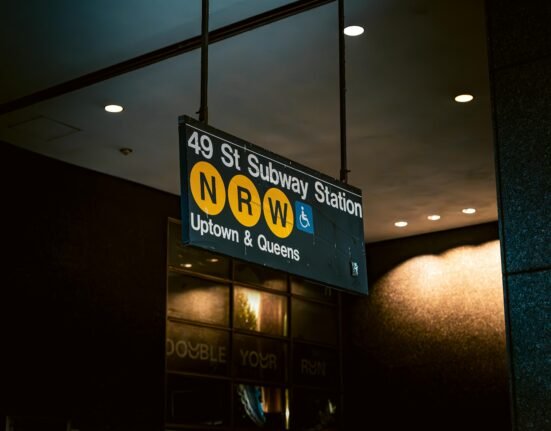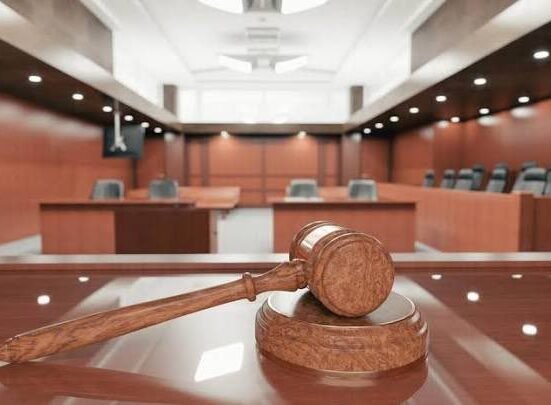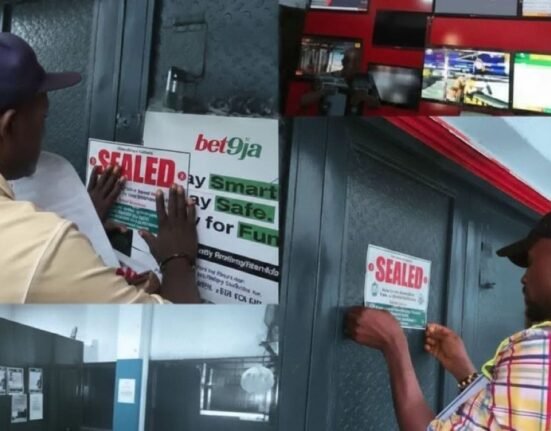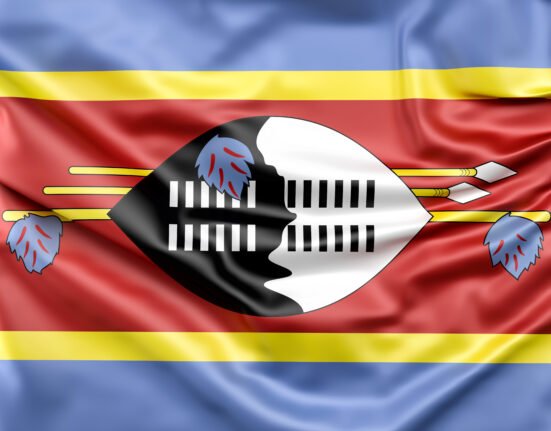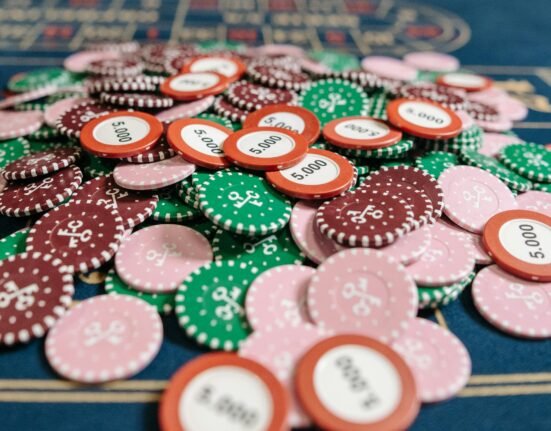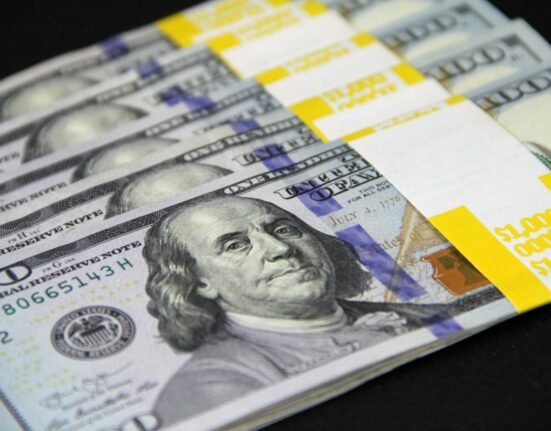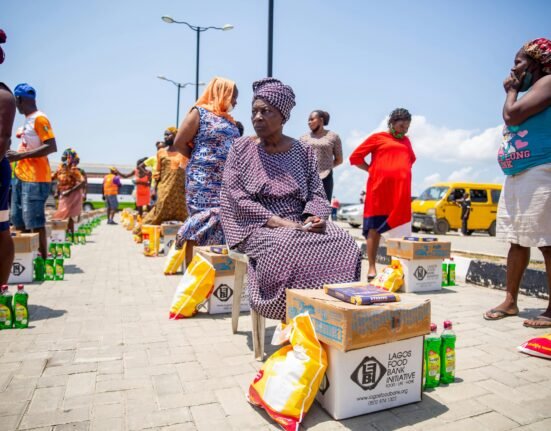Pheu Thai Party places controversial gambling proposal at bottom of legislative agenda
Legislative Priorities Shift in Response to Public Sentiment
The Thai Government has deprioritised its proposed legislation to allow integrated entertainment complexes with casino operations, citing mounting public opposition as the driving force behind the decision. The bill, which was originally slated to be the first item for discussion when Parliament reconvenes on 9 July 2025, will now be considered at a later, unspecified date.
Deputy Transport Minister and senior Pheu Thai Party member Manaporn Charoensri confirmed the legislative reshuffle, clarifying that the move was not a response to political pressure from opposition parties but rather an effort to heed concerns from civil groups and the general public.
“The government respects public sentiment and wants to ensure policy debates align with the priorities of the people,” she stated.
Integrated Resorts Proposal Faces Uphill Battle
Although the casino component was designed to constitute only 10% of the proposed entertainment complexes, critics have voiced concern over the broader social implications of legalising casino gambling. Worries range from increased gambling addiction to the risk of criminal exploitation and harm to vulnerable communities. Civil society groups and religious organisations have been especially vocal in their disapproval.
The bill aimed to position Thailand as a hub for tourism-driven economic activity through large-scale integrated resorts, echoing models seen in Singapore and the Philippines. Advocates argued that the initiative could generate thousands of jobs and billions in revenue, especially in underdeveloped provinces. However, these economic arguments have struggled to gain traction in the face of intense social opposition.
Broader Reform Agenda Moves Forward
While the casino-entertainment bill has been pushed back, other legislative measures are moving forward. Charoensri noted that the government remains committed to the THB20 ($0.62) flat fare policy for Bangkok’s electric train system. Of the four necessary bills, three have completed review, and the final bill is nearing completion in committee.
This fare reform is expected to be enacted between September and October and enjoys significant coalition support, despite resistance from some senators previously aligned with the Bhumjaithai Party, which also opposes the casino legislation.
What This Means for Thailand’s Gambling Future
The deferment of the casino-entertainment bill reflects the Thai government’s delicate balancing act between modernising its economy and maintaining social cohesion. While Prime Minister Srettha Thavisin and key Cabinet members have shown support for regulated gambling as a fiscal strategy, this latest development suggests that achieving consensus will require deeper stakeholder engagement and public education.
For now, Thailand’s ambitions to join the ranks of Asia’s casino-resort economies appear stalled, pending a more favourable climate of public opinion and political will.







